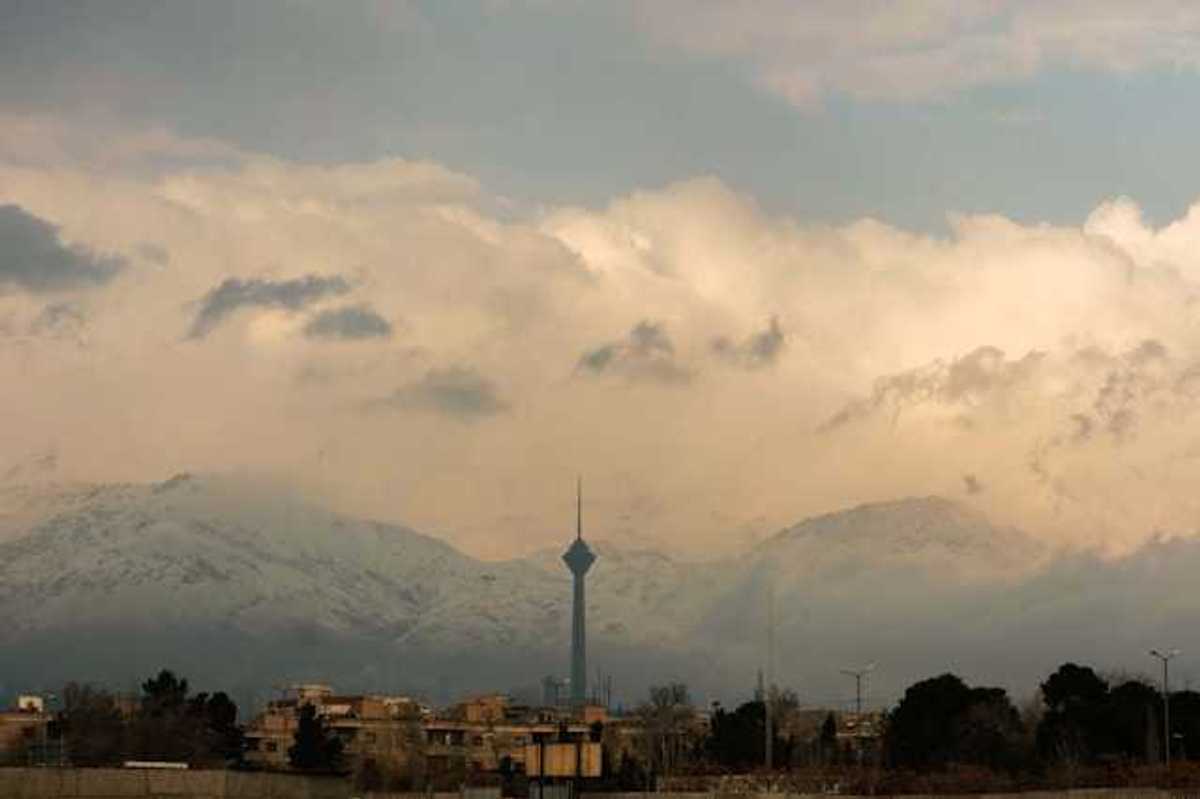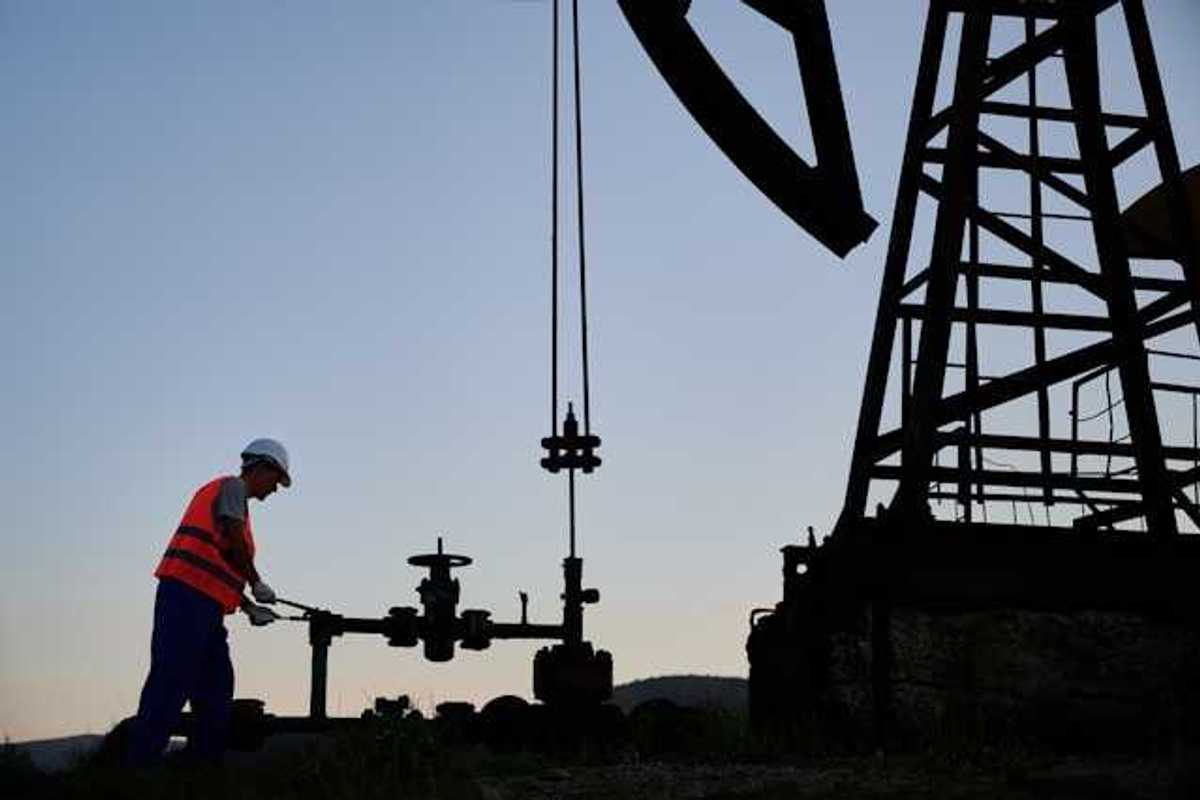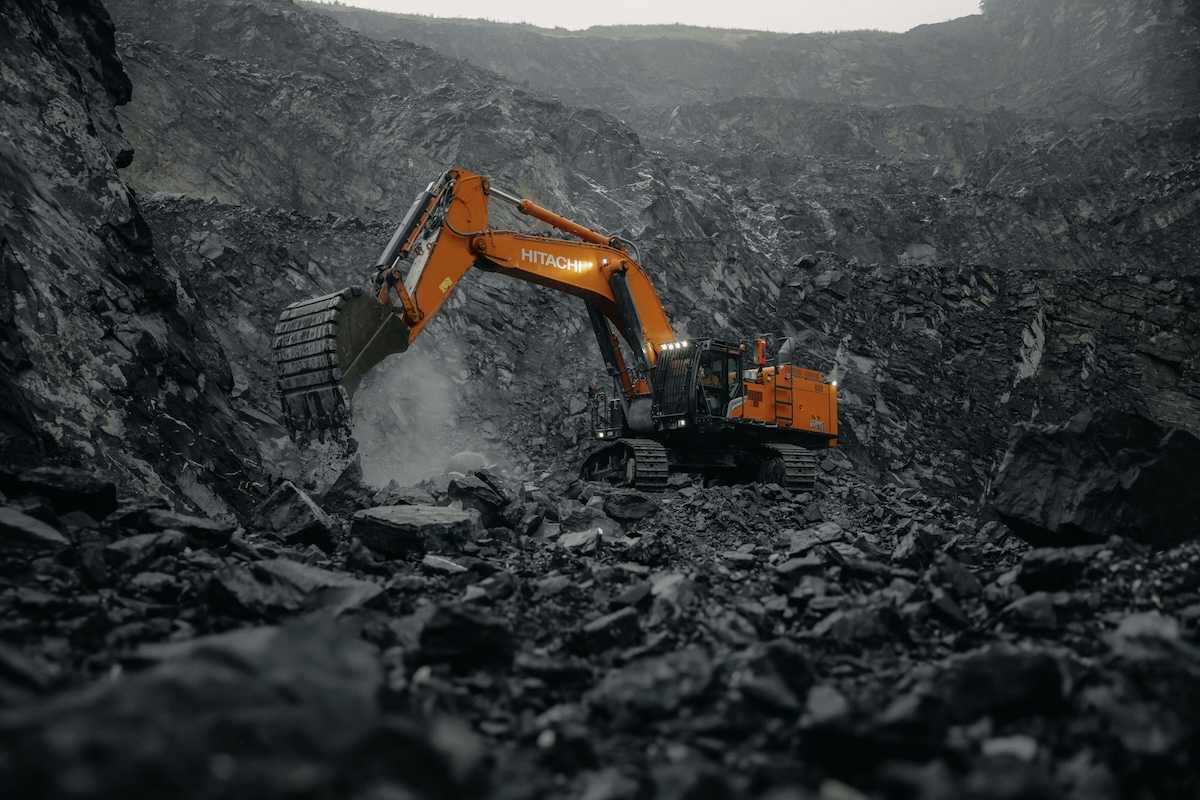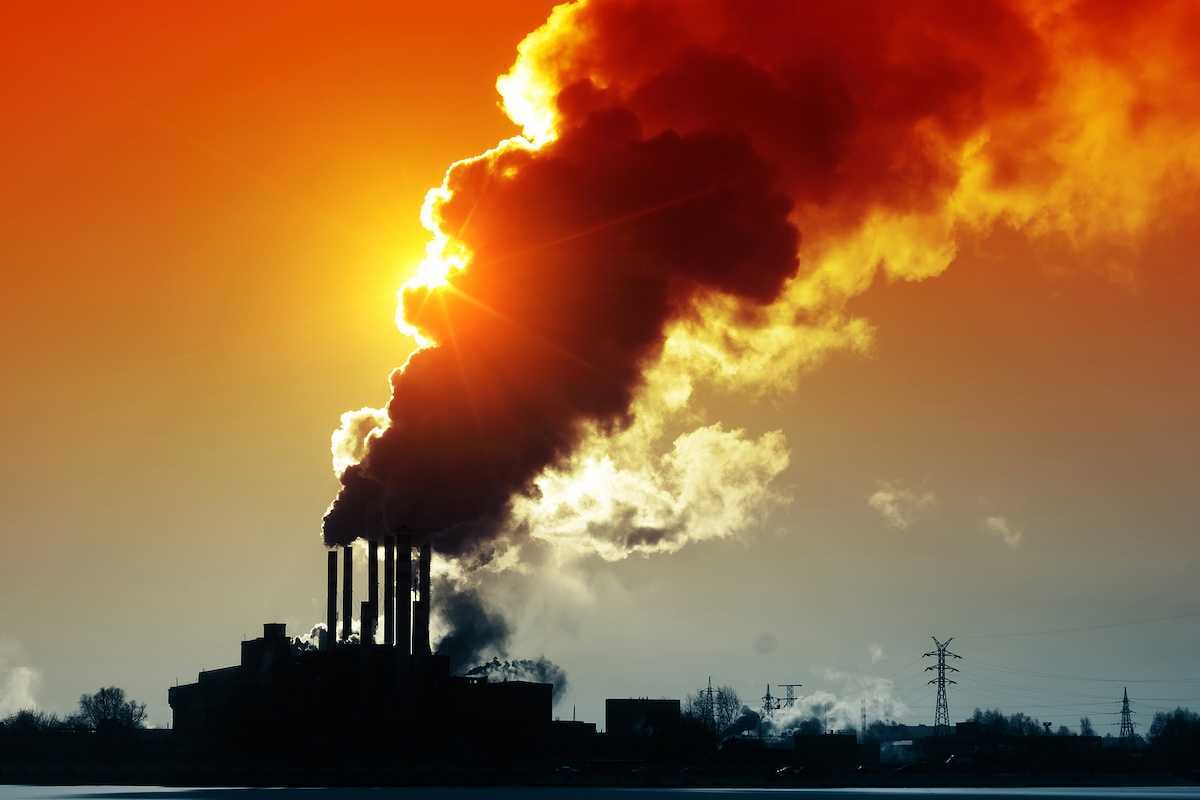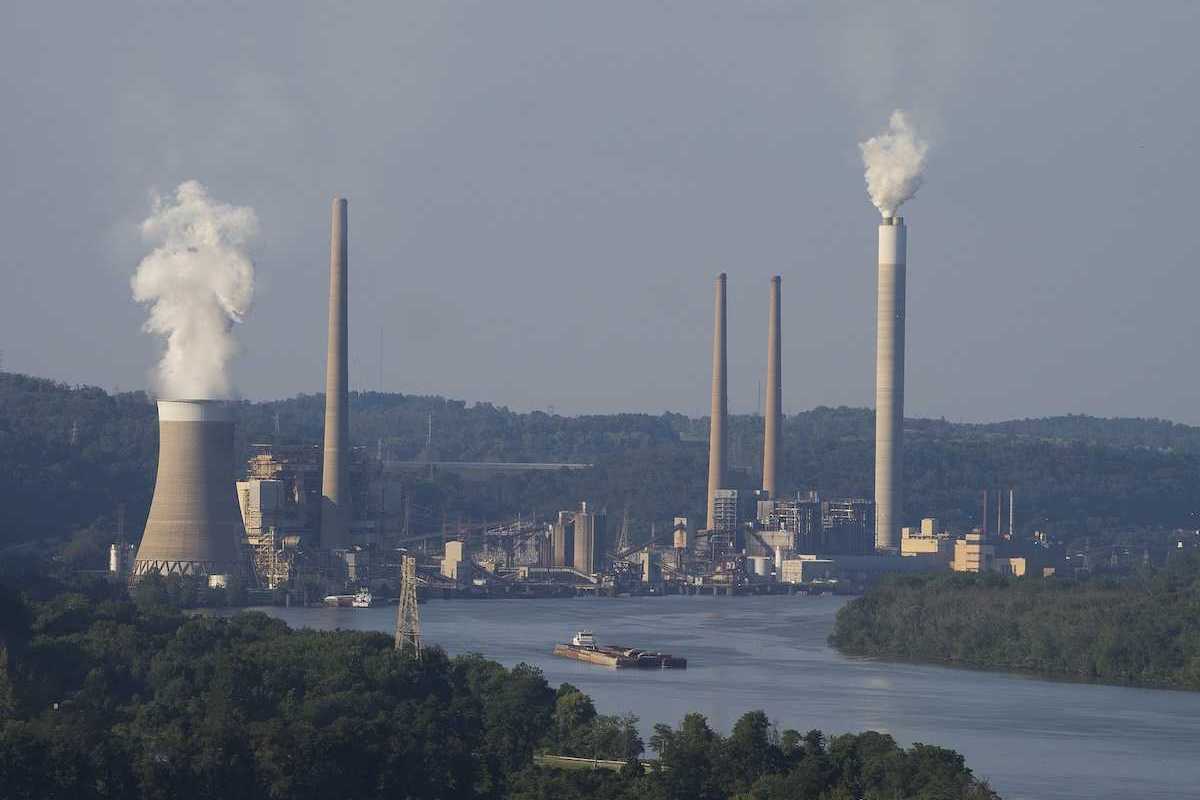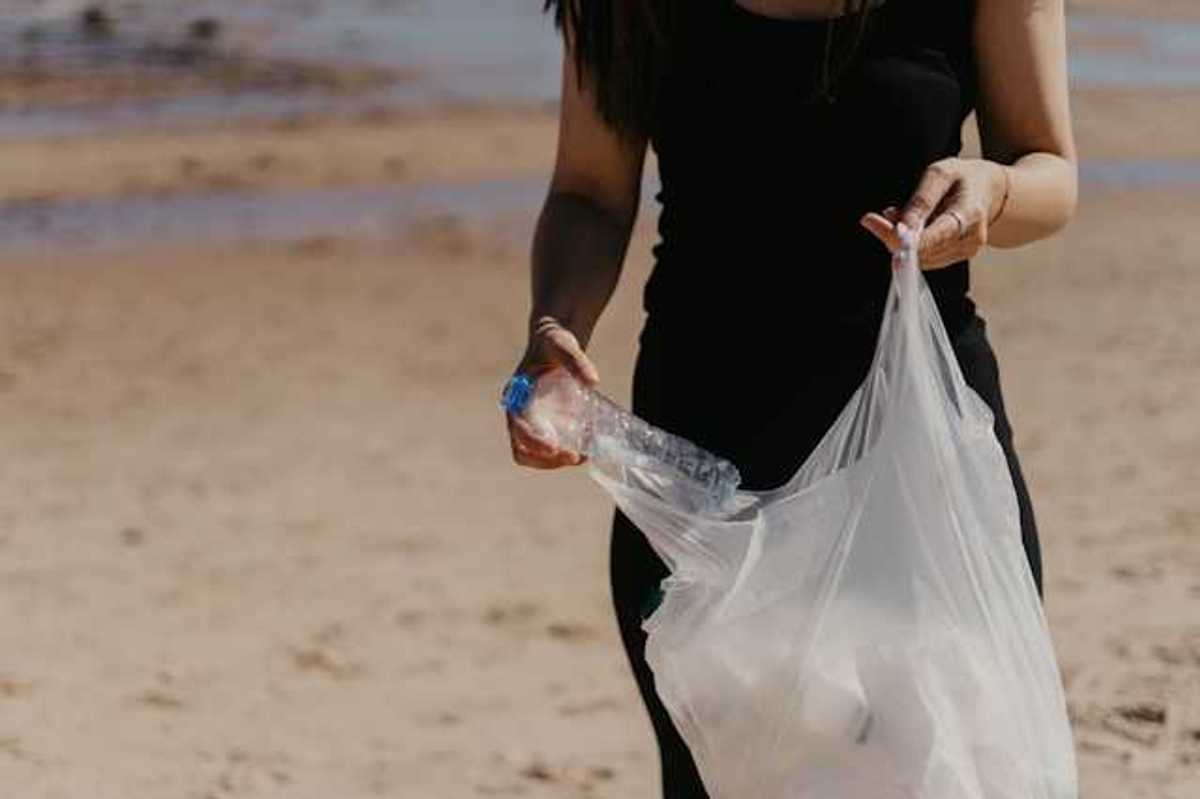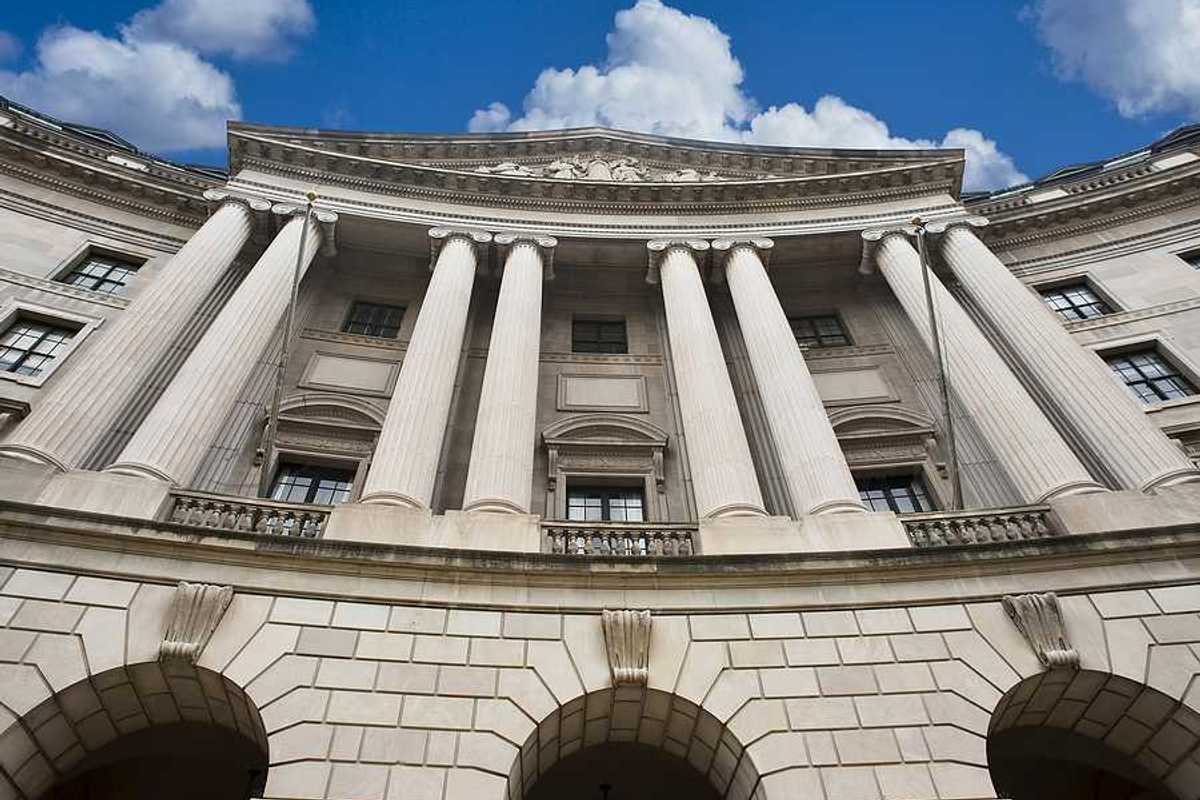New Mexico has spent $225,000 in staff time fighting Targa over emission infractions, some that the company reported itself.
Causes
If you were to design a scheme to deliberately accelerate climate change, you couldn’t do much better than an airline loyalty program.
Though tech companies are secretive about water usage, Arizona’s 150-plus data centers and chip factories use a tiny fraction of its supply.
Higher energy prices could make green alternatives more attractive, but harder to deploy.
A high-level EU diplomat says Europe is focused on nuclear and renewables, as India makes a play for Canadian oil and gas.
The proposed expansion of Signal Peak Energy’s Bull Mountains Mine has also revived scrutiny of a controversial land swap bill that would deprive Musselshell County of tax revenue.
A new life-cycle analysis reveals that bio-based plastics are better for the climate but worse for biodiversity. The greenest option is reducing demand.
A halt to shipping in strait of Hormuz and attacks on Middle East refineries are threatening supplies and stoking inflation.
The war on Iran has exposed the "horrendous costs” of fossil fuel dependence, as climate groups call for a swift transition to clean energy.
A new petition to the high court marks the latest effort by conservative groups to revive the nondelegation doctrine.
Environmentalists are challenging the EPA’s repeal of the “endangerment finding,” which empowered it to regulate greenhouse gases. Whether or not the action holds up in court, now is the time to develop climate strategies that can be pursued when the political balance shifts.
The bills, from Sen. Jesse Kiehl and Rep. Sara Hannan, would push cruise lines to use cleaner fuel.
Dublin, Helsinki, Stockholm and Tallinn among port cities more choked by sulphur oxides from ferries, analysis shows
The Sierra Club and Southern Environmental Law Center are suing over state regulators’ approval of new gas turbines at Plant Bowen, citing concerns about worsening air quality.
Lynn Tremain's Lake Huron cleanup has evolved into citizen science, highlighting the growing threats of microplastics, invasive species and climate change on the region’s fragile freshwater ecosystem.
Oil markets are bracing for sharp price spikes after the US-Israel attacks on Iran and Tehran's retaliation. Iran's role as a major producer matters, but its strategic position is keeping traders on edge.
As Democrats and climate activists seize on energy costs as a political issue, new data shows electricity rates rose 5 percent nationwide in 2025. The figures were much higher in some states.
The Trump administration’s relentless rollback of public health and environmental protections has allowed widespread toxic exposures to flourish, warn experts who helped implement safeguards now under assault.
Journalism that drives the discussion
Copyright © 2017 Environmental Health Sciences. All rights reserved.
Copyright © 2017 Environmental Health Sciences. All rights reserved.




